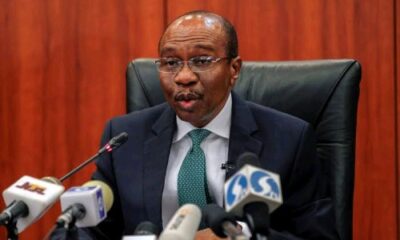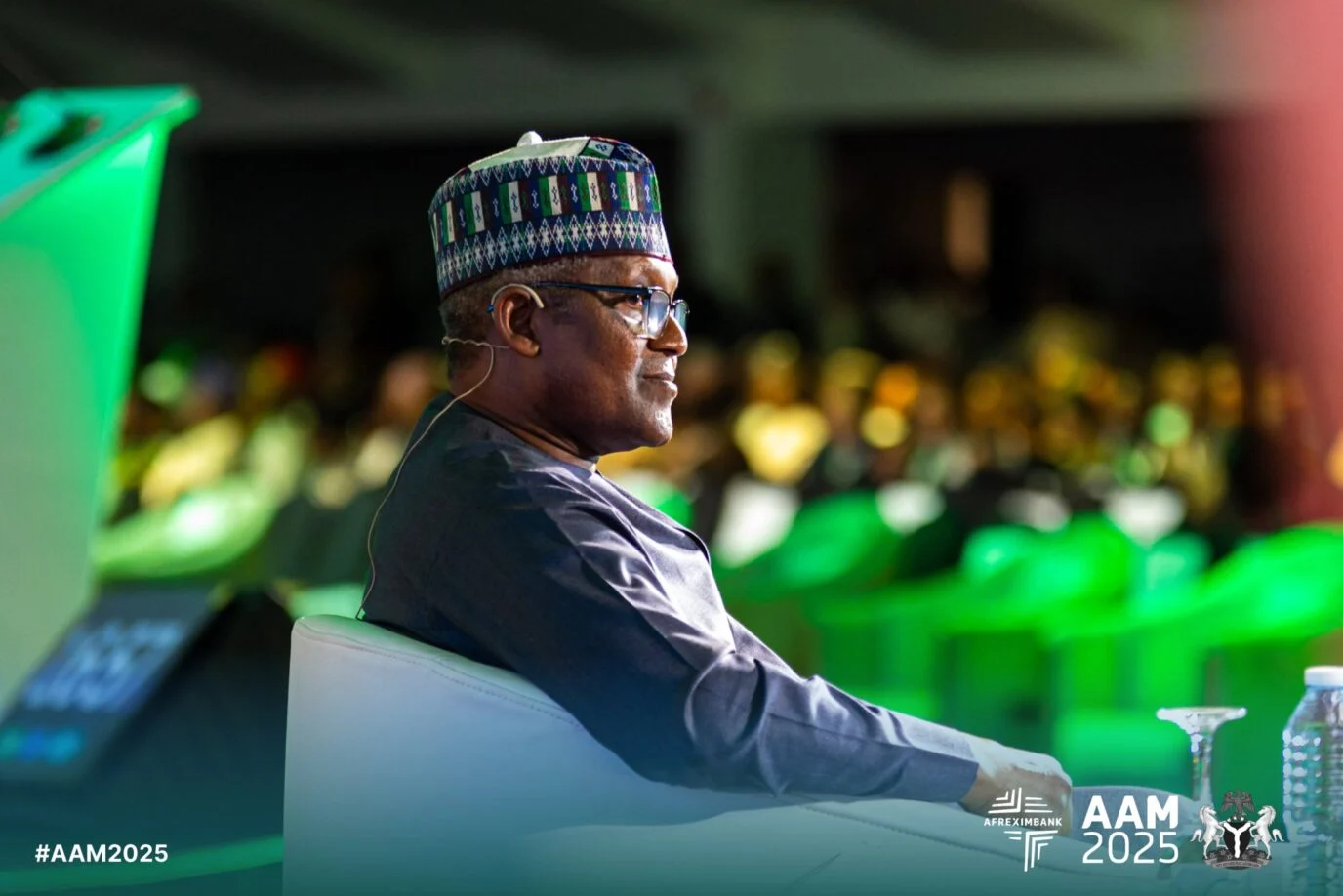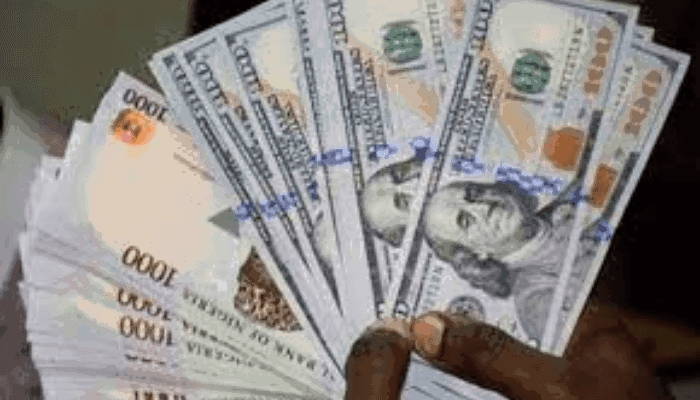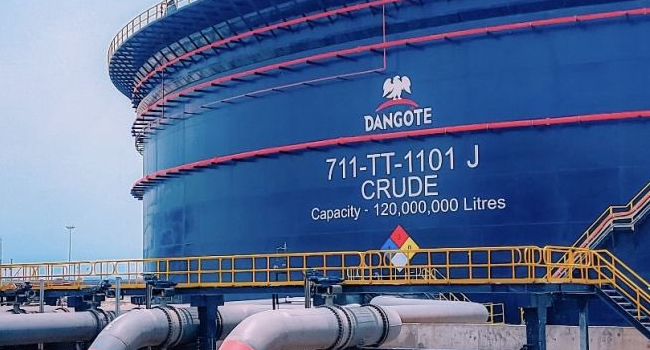Nigeria’s foreign exchange reserves are projected to reach $41 billion by the end of the year, slightly higher than the 2024 figure, as the naira continues to strengthen, according to CardinalStone’s mid-year outlook.
The expected increase in reserves is linked to the federal government’s plan to raise $3.2 billion in the second half of the year to address certain fiscal needs. Potential inflows from portfolio investors are also anticipated to support this outlook.
“These proposed external borrowings, alongside other anticipated inflows, will likely boost the FX reserves to $41.00 billion by year-end, compared to $37.27 billion as of H1’25,” the Lagos-based research and investment firm stated in its report.
A stronger external reserve position is seen as a positive for the naira, with the firm projecting the local currency to stay within the N1,550.00 — N1,635.00 per dollar range through the end of 2025.
So far this year, Nigeria’s FX reserves have dropped by over $3.5 billion as the central bank settled around $2 billion in external obligations and continued to inject dollars into the market to sustain liquidity and stabilize the naira amid global challenges.
CardinalStone Research analysts noted that external pressures—including instability in the Middle East and new tariffs introduced by US President Donald Trump—have driven $22.83 billion in FX outflows, as investors pivot to US Treasuries and Gold.
This situation has prompted the central bank to implement a “discretionary FX framework”, resulting in the sale of $4.72 billion to counteract market distortions.
The report highlighted that the CBN’s average monthly FX intervention stood at $786.58 million, significantly below the pre-COVID average of $2.30 billion and the post-COVID level of $1.38 billion, both of which were previously used to support the naira despite broader macroeconomic weaknesses.
To control inflation, attract foreign investment, and boost the naira’s value, monetary authorities have maintained key interest rates for two consecutive sessions after increasing lending rates by a total of 875 basis points to 27.5 percent.
The analysts foresee an additional 50 to 100 basis point adjustment before the year concludes, potentially easing the burden on businesses affected by high borrowing costs.
The combination of tighter monetary policy, improved FX reserves, and more effective FX management is gradually restoring investor confidence, which had declined during previous episodes of currency instability.
Nonetheless, the forecast remains vulnerable to shifts in global oil prices, the level of portfolio investments, and how quickly fiscal consolidation efforts advance. Disruptions in these areas could negatively affect both reserves and currency stability.

 BIG STORY4 days ago
BIG STORY4 days ago
 BIG STORY4 days ago
BIG STORY4 days ago
 BIG STORY1 day ago
BIG STORY1 day ago
 BIG STORY4 days ago
BIG STORY4 days ago
 BIG STORY4 days ago
BIG STORY4 days ago
 BIG STORY5 hours ago
BIG STORY5 hours ago
 BIG STORY1 day ago
BIG STORY1 day ago
 BIG STORY3 days ago
BIG STORY3 days ago





















